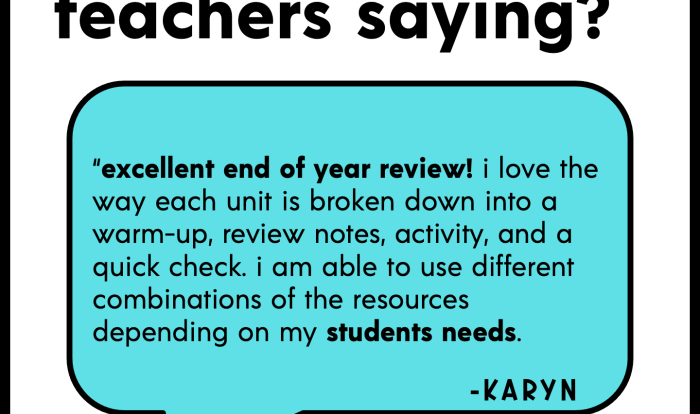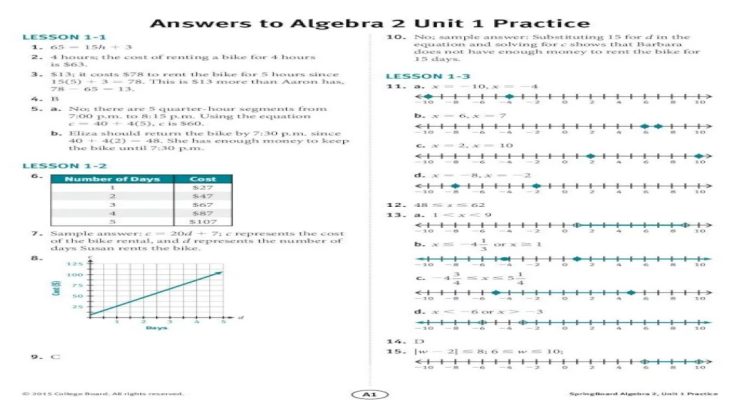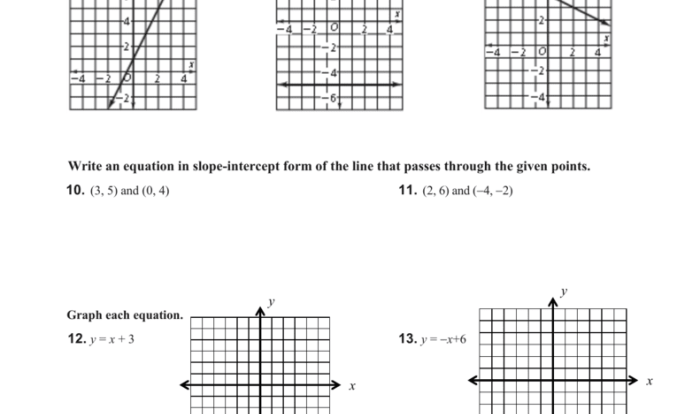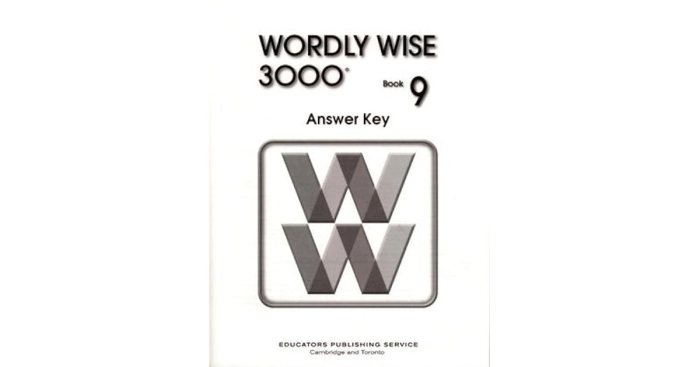Wordly Wise 3000 Book 8 embarks on an educational journey, empowering students to expand their vocabulary and enhance their comprehension and critical thinking abilities.
This book targets students seeking to enrich their language skills, providing them with a comprehensive and engaging learning experience.
Introduction
Wordly Wise 3000 Book 8 is a vocabulary-building resource designed to help students expand their vocabulary and improve their reading comprehension skills. It is part of a series of books that provide instruction on 3,000 high-utility words commonly found in academic and literary texts.
Target Audience
Wordly Wise 3000 Book 8 is specifically targeted towards students in grades 6-8 who are looking to improve their vocabulary and reading comprehension abilities. The book is also suitable for adult learners who want to enhance their vocabulary for academic or professional purposes.
Vocabulary Development
Book 8 of Wordly Wise 3000 introduces students to a diverse range of vocabulary words that are essential for academic and personal success. These words are carefully selected to expand students’ knowledge and enhance their ability to communicate effectively.
The vocabulary words covered in Book 8 fall into several categories, including:
- Nouns: abstract concepts, concrete objects, and specialized terms
- Verbs: action verbs, linking verbs, and helping verbs
- Adjectives: descriptive adjectives and comparative/superlative forms
- Adverbs: adverbs of manner, place, and time
- Prepositions: prepositions of location, direction, and time
- Conjunctions: coordinating conjunctions and subordinating conjunctions
- Interjections: expressions of emotion or surprise
To teach the vocabulary words, Book 8 employs a variety of strategies, including:
- Contextualization: The words are presented in authentic texts and passages, providing students with real-world examples of their usage.
- Definitions: Clear and concise definitions are provided for each word, ensuring students understand its meaning.
- Examples: Multiple examples are given to illustrate how the words can be used in different contexts.
- Practice exercises: Students are given opportunities to practice using the words in their own writing and speaking.
- Word games and activities: Engaging games and activities help students reinforce their understanding of the words in a fun and interactive way.
Through these strategies, Book 8 of Wordly Wise 3000 effectively helps students develop their vocabulary, enabling them to communicate more effectively and succeed in academic and professional settings.
Comprehension and Critical Thinking
Book 8 of Wordly Wise 3000 places a strong emphasis on developing students’ comprehension and critical thinking skills through the use of engaging reading passages.
These passages are carefully selected to provide students with opportunities to encounter complex texts, analyze information, and draw inferences. By working through the passages, students develop a deeper understanding of the vocabulary words they are learning, as well as the ability to think critically about what they read.
Types of Questions
The passages in Book 8 are accompanied by a variety of questions that are designed to assess students’ comprehension and critical thinking skills. These questions include:
- Literal comprehension questions:These questions test students’ ability to understand the basic facts and events presented in the passage.
- Inferential comprehension questions:These questions require students to make inferences and draw conclusions based on the information in the passage.
- Critical thinking questions:These questions ask students to analyze the passage, evaluate the evidence, and form their own opinions.
Writing Activities
Book 8 offers an array of writing activities tailored to enhance students’ writing abilities.
For further exploration of the vocabulary covered in Wordly Wise 3000 Book 8, check out the unit 3 session 2 letrs page, where you’ll find additional resources and activities to enhance your understanding of these essential words. Returning to Wordly Wise 3000 Book 8, remember to practice using these words in context to reinforce your learning.
These activities encourage students to express their thoughts and ideas effectively, fostering their critical thinking and communication skills.
Types of Writing Assignments
- Paragraph Writing:Students practice developing coherent and well-structured paragraphs with a clear topic sentence and supporting evidence.
- Short Stories:Creative writing assignments allow students to explore their imaginations and develop their storytelling skills.
- Persuasive Essays:Students learn to present their arguments effectively, supporting their claims with logical reasoning and evidence.
- Research Papers:Students conduct research, gather information, and present their findings in a formal academic paper.
Assessment
In Book 8, students are assessed through a variety of methods to evaluate their understanding of vocabulary, comprehension, and critical thinking skills.
The assessments include:
Formal Assessments
- Unit Tests:Administered at the end of each unit, these tests cover vocabulary, comprehension, and critical thinking skills introduced in that unit.
- Quarterly Assessments:Conducted after every three units, these assessments provide a comprehensive evaluation of student progress and identify areas for improvement.
- End-of-Year Assessment:This summative assessment evaluates students’ overall proficiency in the vocabulary, comprehension, and critical thinking skills taught throughout the year.
Informal Assessments
- Class Participation:Students’ active involvement in class discussions, vocabulary games, and group activities is observed and recorded.
- Quizzes:Short, unannounced quizzes are used to assess students’ understanding of specific vocabulary or comprehension concepts.
- Homework Assignments:Regular homework assignments allow students to practice and reinforce vocabulary and comprehension skills outside of class.
Assessment Questions
Assessment questions in Book 8 vary in format and difficulty, including:
- Multiple Choice:Questions that present several answer options, with students selecting the best answer.
- Short Answer:Questions that require students to provide brief written responses.
- Essay:Questions that ask students to analyze and interpret texts or express their own opinions in writing.
Additional Features
In addition to its core vocabulary content, Book 8 of Wordly Wise 3000 includes a range of supplementary features designed to enhance the learning experience for students. These features provide additional support and engagement, helping to make vocabulary acquisition more interactive and enjoyable.
Games and Activities, Wordly wise 3000 book 8
The book incorporates a variety of games and activities that reinforce vocabulary learning in a fun and engaging way. These activities include word searches, crossword puzzles, and other interactive exercises that challenge students to apply their vocabulary knowledge in different contexts.
Online Resources
Book 8 also comes with access to online resources that provide additional support for students and teachers. These resources include interactive games, practice exercises, and downloadable materials that can be used to supplement the lessons in the book.
Teacher’s Guide
A comprehensive teacher’s guide is available to accompany Book 8. This guide provides detailed lesson plans, teaching tips, and assessment tools to help teachers effectively implement the program in their classrooms.
General Inquiries: Wordly Wise 3000 Book 8
What grade level is Wordly Wise 3000 Book 8 appropriate for?
Wordly Wise 3000 Book 8 is typically used in grades 8 and 9.
Does the book include online resources?
Yes, Wordly Wise 3000 Book 8 offers online resources such as interactive games, practice exercises, and additional reading materials.



